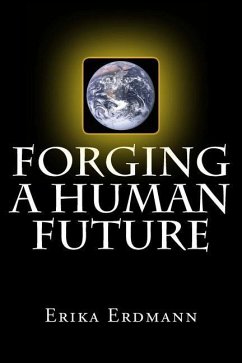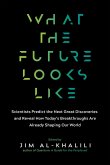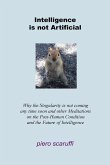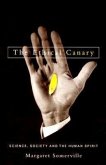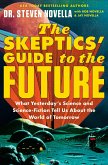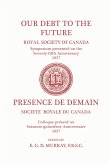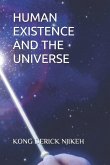The blind forces of evolution brought us this far, but the future is our own to forge. So concludes writer, researcher, and humanist Erika Erdmann in Forging a Human Future. In this remarkable collection of essays, Erdmann draws on the work of renowned split-brain theorist Roger Sperry and many other thinkers, including Ervin Laszlo, Jonas Salk, Ralph Burhoe, E.O. Wilson, James Watson, and Eric Chaisson, as she considers how we can work together to create a future both human and humane.The book's early chapters examine the key concepts of emergence and downward causation. Once science takes these ideas into account, a far richer and more meaningful description of the world becomes possible: a description that goes beyond reductionism to leave room for the arts and humanities as well as ensuring a causal role for human consciousness. Later essays consider the evolution of human nature, the key problems facing society today, and promising new ways of looking at the world that may lead to a rapprochement between reason and emotion. Only with such a reconciliation, Erdmann argues, can we forge a future both human and humane. For in a world threatened by environmental degradation, resource depletion, overpopulation, and nuclear proliferation, neither love nor reason alone are enough. Only a successful fusion of the two can ensure humanity's survival.During her long life, Erika Erdmann worked and corresponded with many of the world's top thinkers and researchers in the areas of futurism, neuroscience, and evolutionary theory. For more than a decade she served as Nobel laureate Roger Sperry's library researcher. She also carried out an extensive survey of attitudes toward the future among leading North American figures in the media, academe, and religion. Equally importantly, Erdmann's own life experiences informed her perspective on human nature. Coming of age in Hitler's Germany, caught up with her young family in the chaos of Europe following the Second World War, and finally retiring with her husband to a windswept point overlooking the Atlantic, Erdmann saw firsthand human nature at both its best and worst. Forging a Human Future, her final book, draws on a lifetime of experiences to create an exciting, sometimes troubling, but in the end hopeful view of the human prospect.
Hinweis: Dieser Artikel kann nur an eine deutsche Lieferadresse ausgeliefert werden.
Hinweis: Dieser Artikel kann nur an eine deutsche Lieferadresse ausgeliefert werden.

